Today’s instalment of Idea To Book is about Three Graces, a novella that answers a longstanding mystery. Of course, it takes place in the summer after the end of the Second World War in Europe, so there are a number of other things going on as well.

Longstanding mystery
The first thing about this novella is that it’s a resolution to a longstanding mystery. (You can see the full list of books relating to the Carillon family at the end of the post.)
Geoffrey Carillon knew in 1922 that his older brother Temple and his brother’s wife, Delphina, died in mysterious circumstances. There was not enough evidence to do anything legally. Albion’s Council had their hands all over the problem. Geoffrey had to let it drop, for lack of further information. Ancient Trust covers this particular part of the mystery.
In 1935, he got another source: Alexander Landry, a member of the Council who had not been involved. Alexander was able to learn more about the reason the Council acted as it did, but not the underlying cause. Alexander shares this with Geoffrey in Best Foot Forward. In 1940, Geoffrey asked for additional help (that’s in Upon A Summer’s Day.)
Back during the Great War, Temple Carillon was involved in a series of secret projects for Albion’s Ministry. Some of them are hinted at in Bound for Perdition, back in 1917, about the project creating the magical journals during the War. Temple Carillon and others are working in the same building.
Finally, in Three Graces, with the end of the war freeing up time and resources, three women are able to lend a hand to help with the problem.
Three women with different skills
One thing I love about Three Graces is getting to see three of my favourite women bring their particular skills to this problem.
Lizzie Carillon has both knowledge of the family, via Geoffrey, and she brings her own experience with solving mysteries, investigating, and doing a bit of espionage work. Alysoun Edgarton has been a consultant with the Guard for decades at this point, and she also knows what additional tools might bring results. And, as becomes relevant, what evidence they need to move forward. And Thesan Wain, astronomy professor, has skills in seeing patterns in what you can’t see, figuring out what’s there by the pull of gravity around it.
(If you want to read their romances, Lizzie’s is Goblin Fruit, Alysoun’s is Pastiche, and Thesan’s is Eclipse.)
They turn out to need all those skills – and a few more – to solve the mystery. The three women have different roles in the larger social community, and Lizzie’s able to use that to get more information on a key person. Thesan’s friendly and approachable – with a brother and adopted brother who know a whole lot of different people. And Alysoun can help balance both set of skills out, and set up what’s needed when they have enough cause to take action.
The aftermath of the war
A friend, also one of my readers, made a comment on the Discord about really enjoying seeing what’s going on here, when many authors would focus on the visible aftermath of the war in Europe. She was glad I hadn’t done that, and that we get to see a different sort of story.
It is true, however, that many of the men – and a few of the women – are busy with other things. Mostly, I’m not terribly interested in writing those details. Some of it is dealing with horrific historical events. A lot of it is plain hard work trying to begin to put things into some sort of working order. A lot of it would just be tedious to read. What they’re doing – untangling dangerous magic left after the war – is absolutely necessary, requiring tremendous skill and courage. But that doesn’t make for a very good book.
(You can find a little bit more about what Gabe, Isobel, Claudio, Orion, Hypatia, and Cammie are up to in the As the Ground Shifts extra, but mostly they’re talking about other topics than their direct daily work.)
This novella is, however, about a question I keep coming back to in my writing. Once the particularly obvious hard thing is over with – a war, an illness, a personal tragedy – what happens next? How do we keep going forward, hopefully in some good way? What does it mean to pick ourselves up and try again?
In Three Graces , the problem they’re solving isn’t urgent, exactly. Temple and Delphina have been dead for two decades. But it turns out that solving that problem helps keep other people safer, it helps deal with a few more wrongs. And that’s a good way to move forward into the post-war period, isn’t it?
More about the Carillons
Want more about the Carillon family? Here are all the books so far.
Showing books 1-9 of 9
Period: 1920s
Romance: M/F, First relationship, Late in life romance, Demisexual
Content notes: Click here to reveal
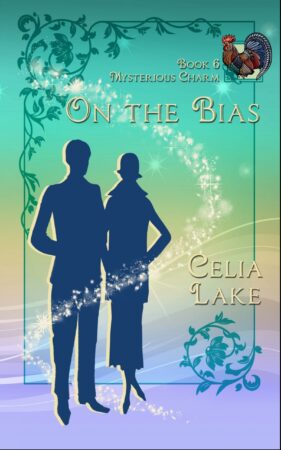
Period: 1930s
Romance: M/M, Late in life romance, Asexual, Bisexual, Polyamorous
Content notes: Click here to reveal
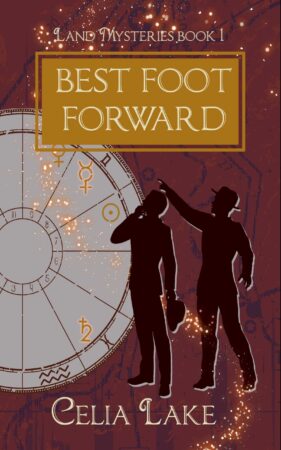
Period: Second World War
Romance: M/F, M/M/F, Established relationship
Content notes: Click here to reveal
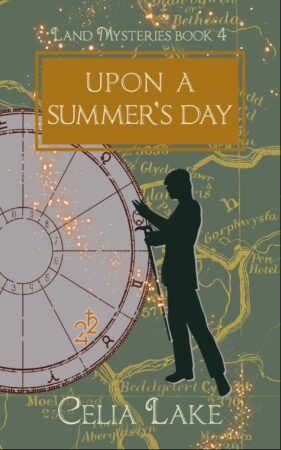
Showing books 1-9 of 9


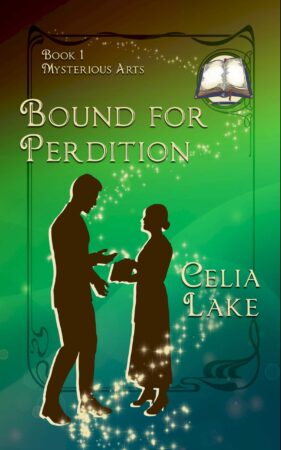
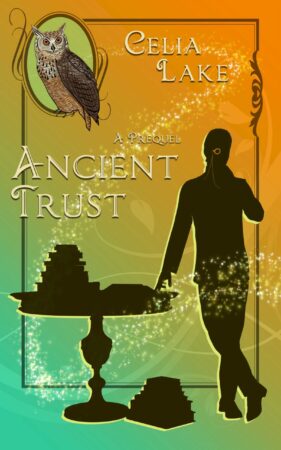
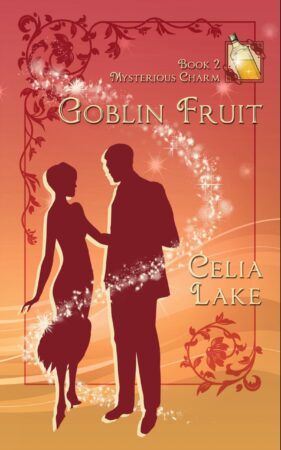
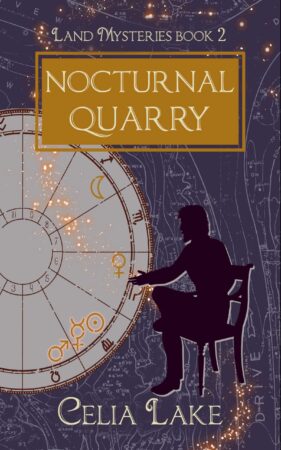
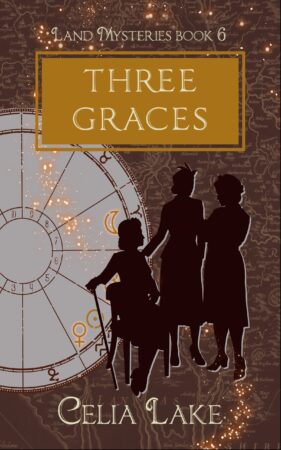
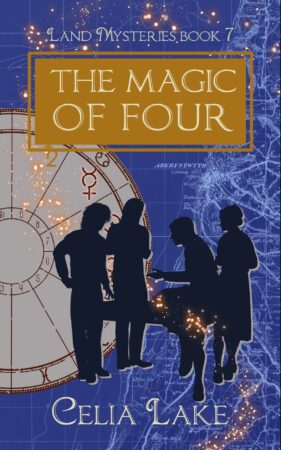
[…] amused that this Idea to Book post, about a book in 1917, comes right after the one for Three Graces, the other end of that story. Welcome to the post about Bound for Perdition, a romance about book […]